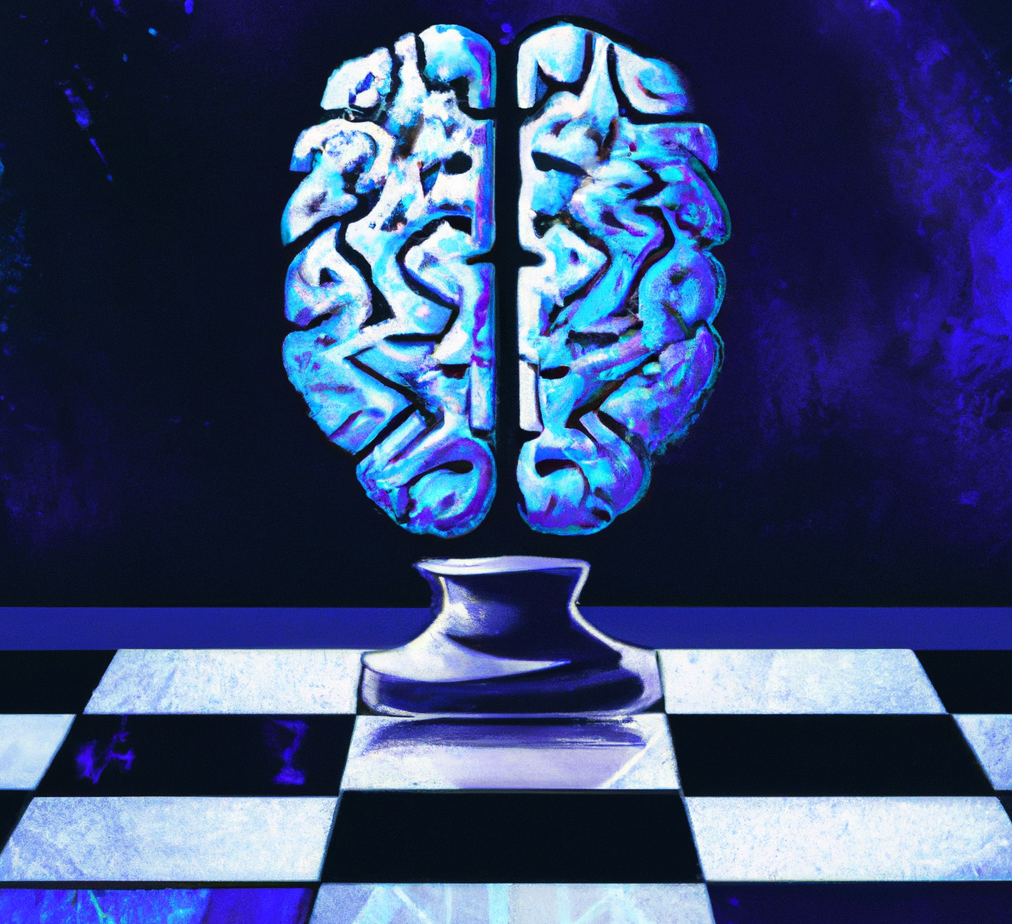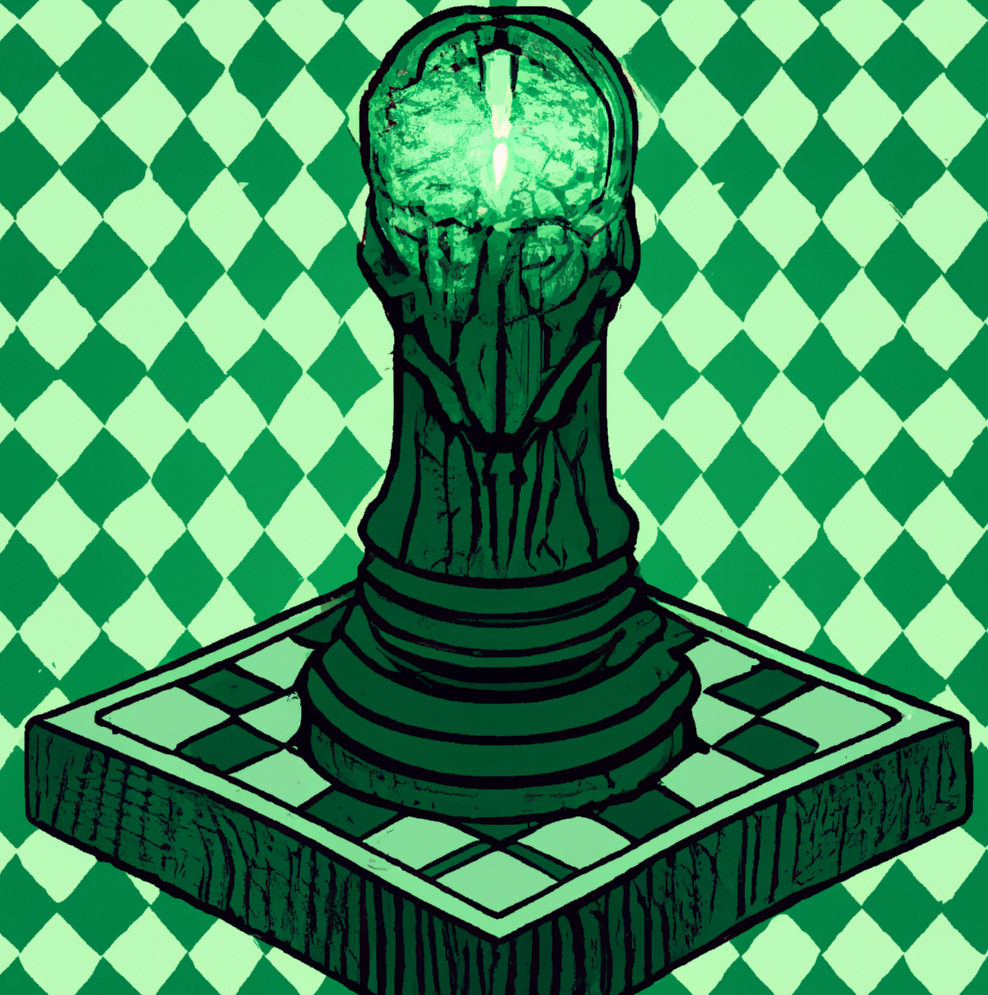Chess and Intelligence: A Look at The Facts
Chess is a game that is often associated with intelligence. Many people believe that being good at chess means that you are smart. But is that really true? In this article, we will explore the relationship between intelligence and chess ability, and whether or not the two are truly linked and to what extent.

What Even Are Intelligence, IQ and Smartness?
When tackeling the question of chess and cognitive ability, we need to look at the terms we’ll through around first:
- Smartness is the ability to use previous knowledge (for example from school) to solve a given problem.
- Intelligence refers to the ability to solve problems in general and without relying on previous knowledge.
- IQ is a measurement of Intelligence (although by no means a perfect one!). A high IQ usually indicates high intelligence.
I this article, we use Intelligence, high IQ and being smart as de-facto synonyms, because we all know what is meant. Of course, this will boil every scientists blood, but Chessily.com is about chess and not the correct scientific terminology (sorry).
Does Chess Require Intelligence?
Yes, chess does require a certain level of intelligence. Even just thinking about a position (or setting up the chess board for that matter) requires a small amount of intelligence. Luckily most of the population does have the required IQ to play chess. You definitely don’t have to be a genius or be in the top 1% IQ to play chess and be really, really good at it!
There are many factors that contribute to a person’s skill at chess, and intelligence is just one of them. Practice and experience are also crucial for becoming good at chess. A person who has been playing the game for many years and has put in a significant amount of practice is likely to be more skilled at chess than someone who is naturally intelligent but has never played the game before.
Can You Be Smart and Bad at Chess?
There are many other factors that can impact a person’s ability to excel at chess. For example, some people may not have the natural aptitude for the game, or they may not have been exposed to it at a young age when the brain is more receptive to learning new skills. Others may simply not have the time or interest to devote to learning and practicing the game. So clearly you can be very smart and bad at chess at the same time.
That also means that just because a person is not skilled at chess does not mean that they are not intelligent. Intelligence is a complex concept and cannot be measured by one specific skill or ability. There are many different types of intelligence, and a person may be intelligent in some areas but not others.
And, as GothamChess has already proven on Twitter, being good at chess doesn’t necessarily indicate a high IQ:
Ever wondered if being good at chess meant high intelligence? I can assure you most of us are like this… pic.twitter.com/IYyHynLg0n
— GothamChess (@GothamChess) December 19, 2020
But: Being Smart Gives You An Advantage in Chess

While we’ve established that you don’t need a particularly high IQ to be a good chess player, a recent meta-analysis of 19 studies concluded that chess skill does correlate positively with cognitive ability (or: intelligence). So it is true that being smart and intelligent does give you at least a statistical advantage in chess, if you are willing to put in the work (meaning studying, playing and being consistent).
Wrapping up: The Link Between Chess and Intelligence
So, in the end being good at chess makes you just that: good at chess. There is no conclusive evidence that you will inherently be a good chess player if you have a high IQ. So yes, you can be both smart and bad at chess. Similarly, being good at chess is not a reliable indicator of intelligence. While the game does require certain cognitive abilities and problem-solving skills, there are many other factors that contribute to a person’s skill at chess, and being bad at the game does not necessarily mean that a person is not intelligent.
So, let’s set aside the discussion of the link between chess and intelligence and enjoy the royal game for what it really is: a very fun way of challenging (and improving!) the mind.

